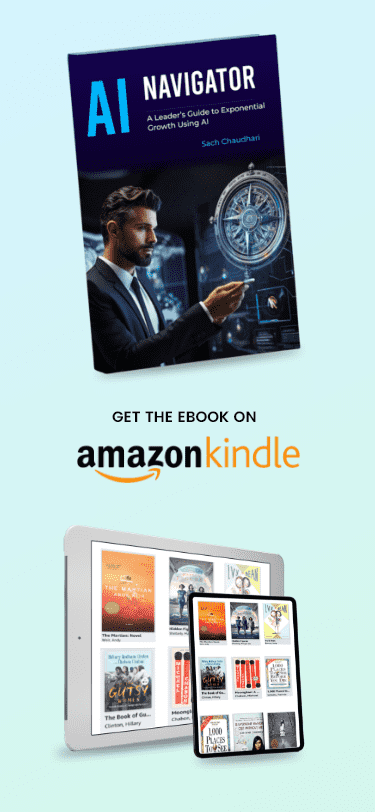In the modern workplace, efficiency is key. Whether you’re an entrepreneur, a busy professional, or a team leader, managing time and tasks effectively can make a significant difference. Enter AI assistants for productivity—intelligent tools designed to streamline workflows, automate repetitive tasks, and enhance focus.
This guide explores 10 powerful ways an AI assistant can optimize your workday, from scheduling to workflow automation.
What is an AI assistant?
An AI assistant is a digital tool powered by artificial intelligence that helps users manage tasks, organize schedules, and improve efficiency. These assistants use machine learning and natural language processing (NLP) to understand user needs and provide intelligent recommendations.
Types of AI Assistants
- Virtual personal assistants (e.g., Siri, Google Assistant)
- Workplace productivity assistants (e.g., Motion, ClickUp AI)
- Specialized AI scheduling assistants (e.g., Reclaim, Clockwise)
The Role of Personal Assistant AI in Productivity
Task Management
AI assistants can prioritize tasks, set reminders, and suggest the best times to complete them. Tools like Todoist AI and Notion AI help break down projects into manageable steps.
Calendar Coordination
A personal assistant AI can sync with your calendar, schedule meetings, and avoid conflicts. For example, Clara AI automates email-based scheduling, saving hours of back-and-forth communication.
AI Scheduling Assistant: Simplifying Your Day
Key Features of AI Scheduling Assistants
- Automated meeting scheduling
- Time-blocking optimization
- Smart rescheduling based on priorities
Benefits of Using an AI Scheduling Assistant
- Reduces manual calendar management
- Minimizes scheduling conflicts
- Adapts to last-minute changes
Workflow Automation Solutions: Enhancing Efficiency
Examples of Workflow Automation
- Email filtering & auto-responses (e.g., Gmail’s Smart Reply)
- Document summarization (e.g., Paradiso AI)
- CRM updates (e.g., Salesforce Einstein)
How AI Improves Workflow Automation
AI eliminates repetitive tasks by analyzing patterns, allowing professionals to focus on high-value work.
AI Assistant for Productivity: Key Benefits
- Time Savings—Automates routine tasks.
- Increased Focus—Reduces distractions by handling administrative work.
- Better Decision-Making—Provides data-driven insights.
Case Studies: Success Stories with AI Assistants
Individual Users
- A freelance writer used Motion to cut scheduling time by 70%.
- A project manager leveraged ClickUp AI to automate task delegation.
Small Businesses
- A marketing agency used Paradiso AI to streamline content planning.
Choosing the Right AI Assistant for Your Needs
Factors to Consider
- Integration (Does it work with your existing tools?)
- Customization (Can it adapt to your workflow?)
- Pricing (Is it cost-effective for your needs?)
Popular Options
- Paradiso AI (Document automation & summarization)
- Motion (AI scheduling)
- Notion AI (Task & knowledge management)
Common Misconceptions About AI Assistants
- Myth: AI assistants replace human jobs.
- Reality: They augment productivity, allowing humans to focus on creativity.
Future of AI Assistants in the Workplace
- Voice-activated assistants are becoming more intuitive.
- Predictive task management (AI anticipating needs before you ask).
Conclusion: Embrace the Change
AI assistants are not just a trend—they are essential for productivity. Integrating these tools can significantly improve efficiency, whether you need an AI scheduling assistant, workflow automation solutions, or a personal assistant AI.
How to Get Started:
- Identify repetitive tasks in your workflow.
- Test a few AI tools (e.g., Motion, Paradiso AI, Notion AI).
- Gradually integrate automation into daily routines.
By leveraging an AI assistants for productivity, you can reclaim time, reduce stress, and achieve more in less time.










